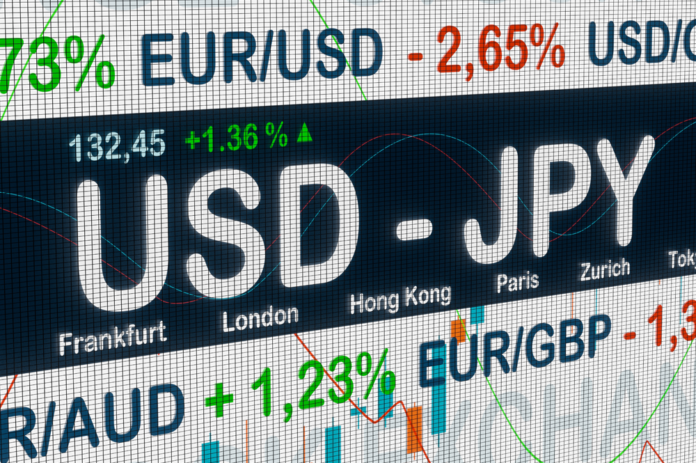The U.S. dollar gained ground on Thursday, trading in a tight range ahead of important U.S. inflation data next week, while the pound lost ground ahead of the Bank of England meeting.
Tight trading range ahead of US CPI
The dollar managed to stabilize this week, after the sharp losses of the previous week, as several members of the Federal Reserve opposed the idea that rate cuts are a certainty this year.
On Tuesday, Minneapolis Fed President Neel Kashkari indicated that persistent inflation and a strong economy would likely convince the U.S. central bank to keep interest rates unchanged for the remainder of the year.
Federal Reserve Bank of Boston President Susan Collins continued the theme Wednesday, saying the U.S. economy must cool again for inflation to return to target.
We are likely to hear more statements today and tomorrow (Friday), as well as weekly jobless claims data.
However, trading spreads are likely to narrow ahead of next week’s release of the April producer price index and, in particular, the consumer price index, which traders will be watching closely for signs that inflation has resumed its downward path towards the Fed’s 2% target.
Pound falls ahead of the Bank of England meeting
The pound fell 0.2% to 1.2475 ahead of the Bank of England’s latest meeting.
This Thursday, the UK central bank is not expected to change interest rates, so the big question is whether its members will announce a cut in June, as the European Central Bank has already hinted.
Last week, sterling short positions hit their highest since January 2023, so the pound could be volatile if post-meeting guidance does not match market expectations.
Elsewhere in Europe, EUR/USD was down 0.1% at 1.0732, little changed on a light data calendar.
The yen declines on rumors of rate hikes
In Asia, USD/JPY was up 0.3% to 155.87, and the yen continued to lose ground despite hawkish statements from BoJ members.
The BoJ’s summary of views released on Thursday shows that board members were strongly supportive of hawkish policies at their April policy meeting, and a large portion of them are betting on continued interest rate hikes.
BoJ Governor Kazuo Ueda has also warned that inflationary pressure from the yen’s decline could force the central bank to tighten its monetary stance.
However, the yen resumed its decline after a couple of suspected interventions.
USD/CNY was up 0.1% to the 7.2260 level, struggling to hold on to earlier gains, after China’s import data rose well above expectations in April, pointing to some strength in domestic demand.



